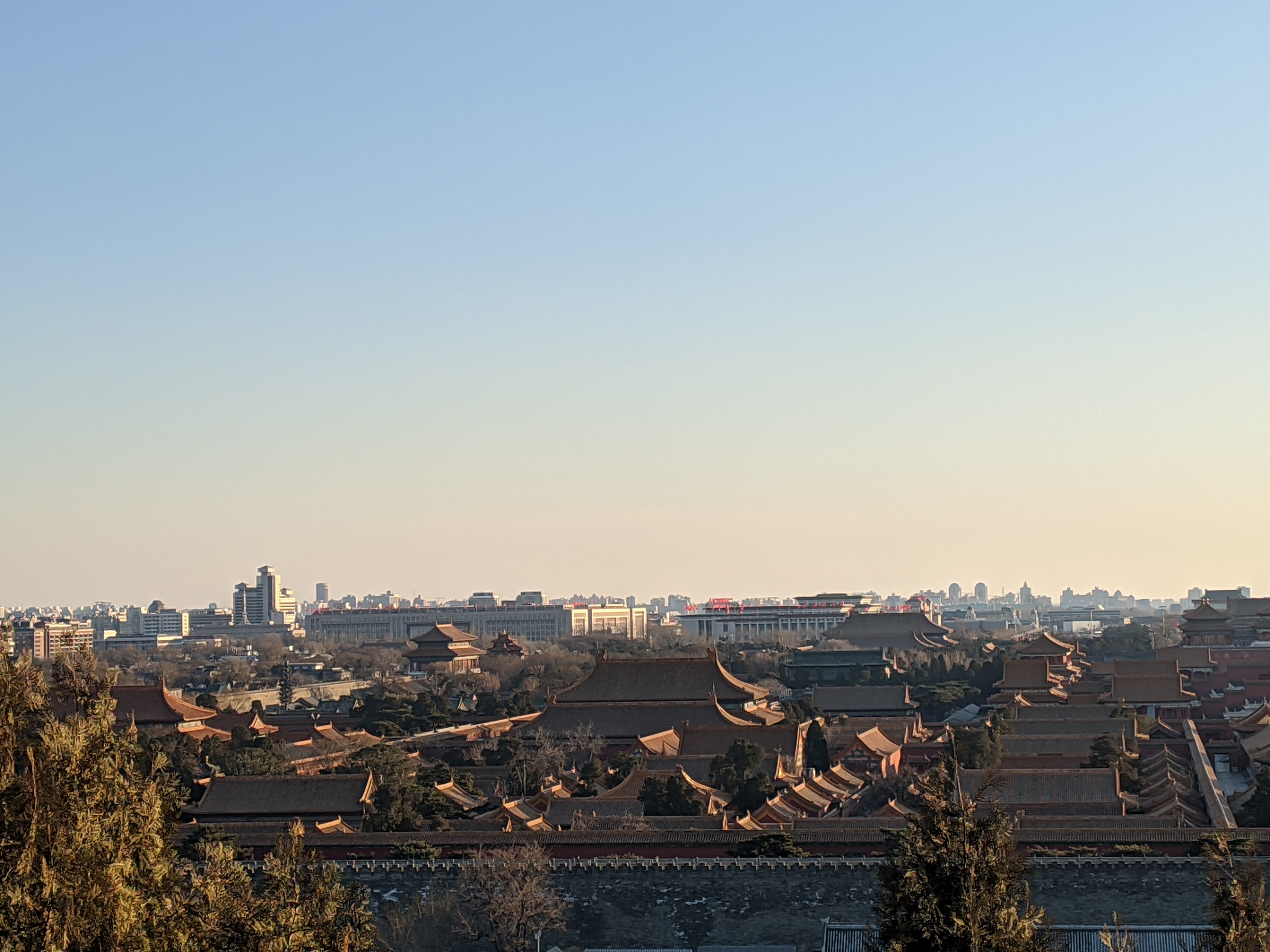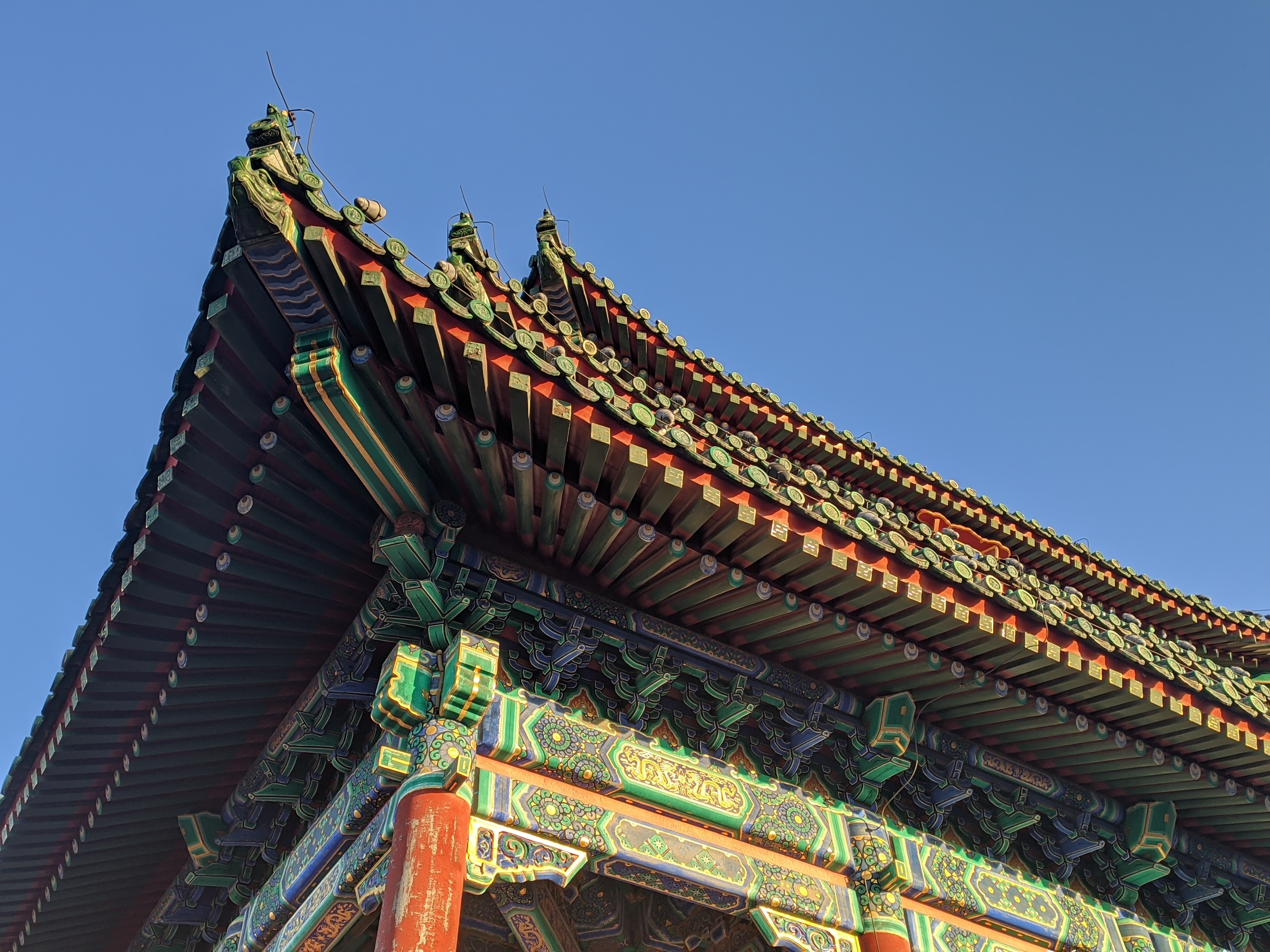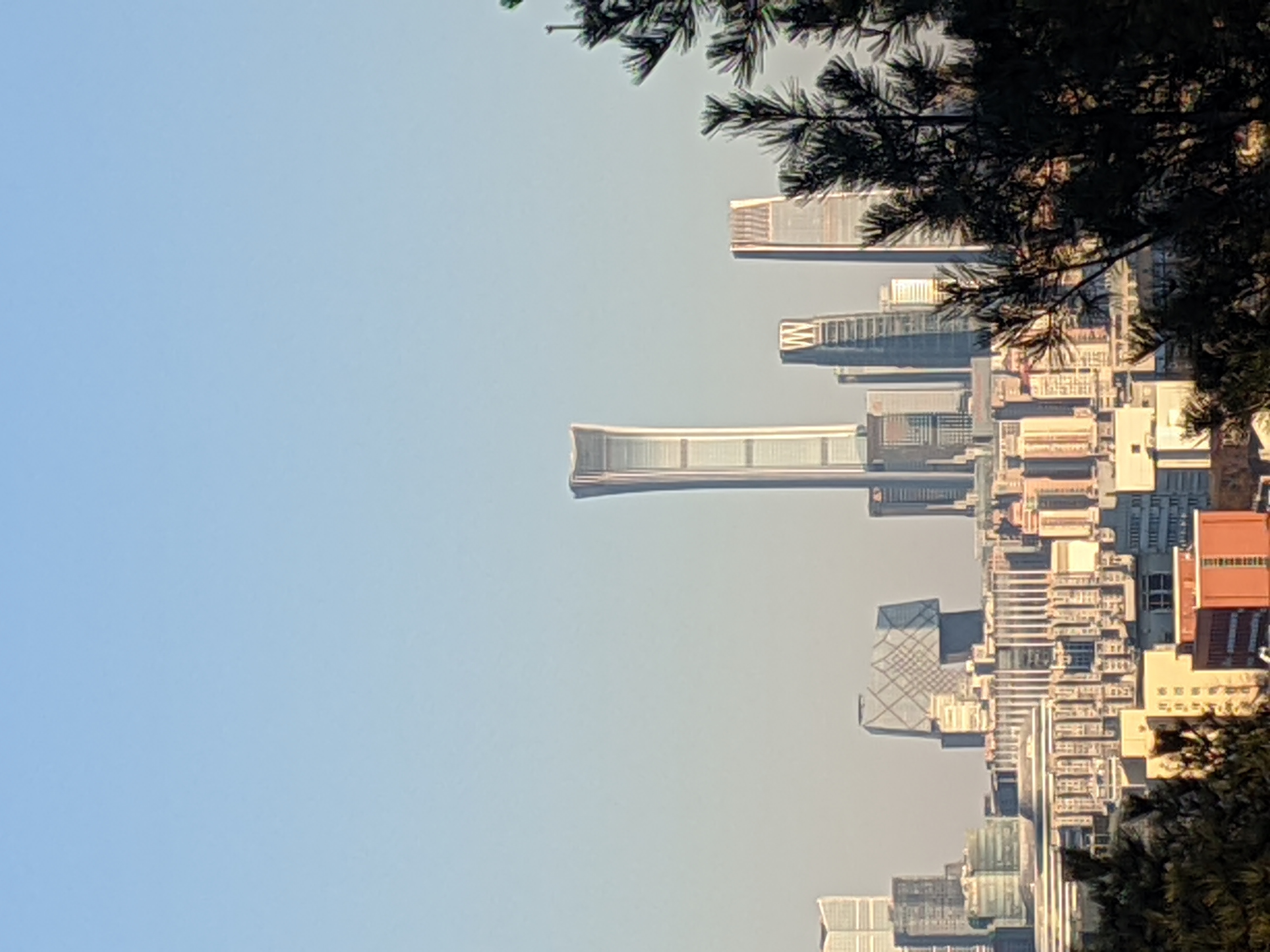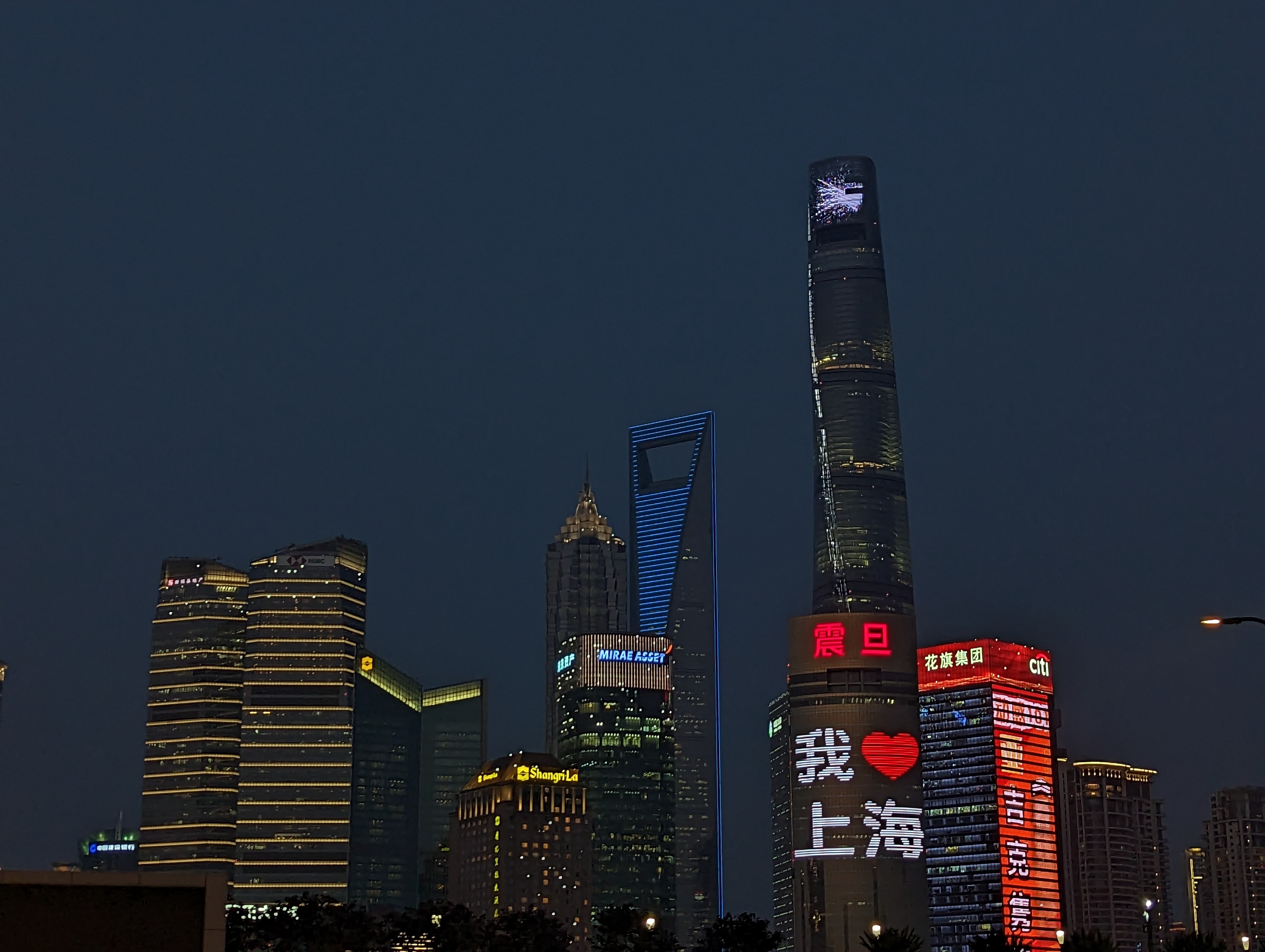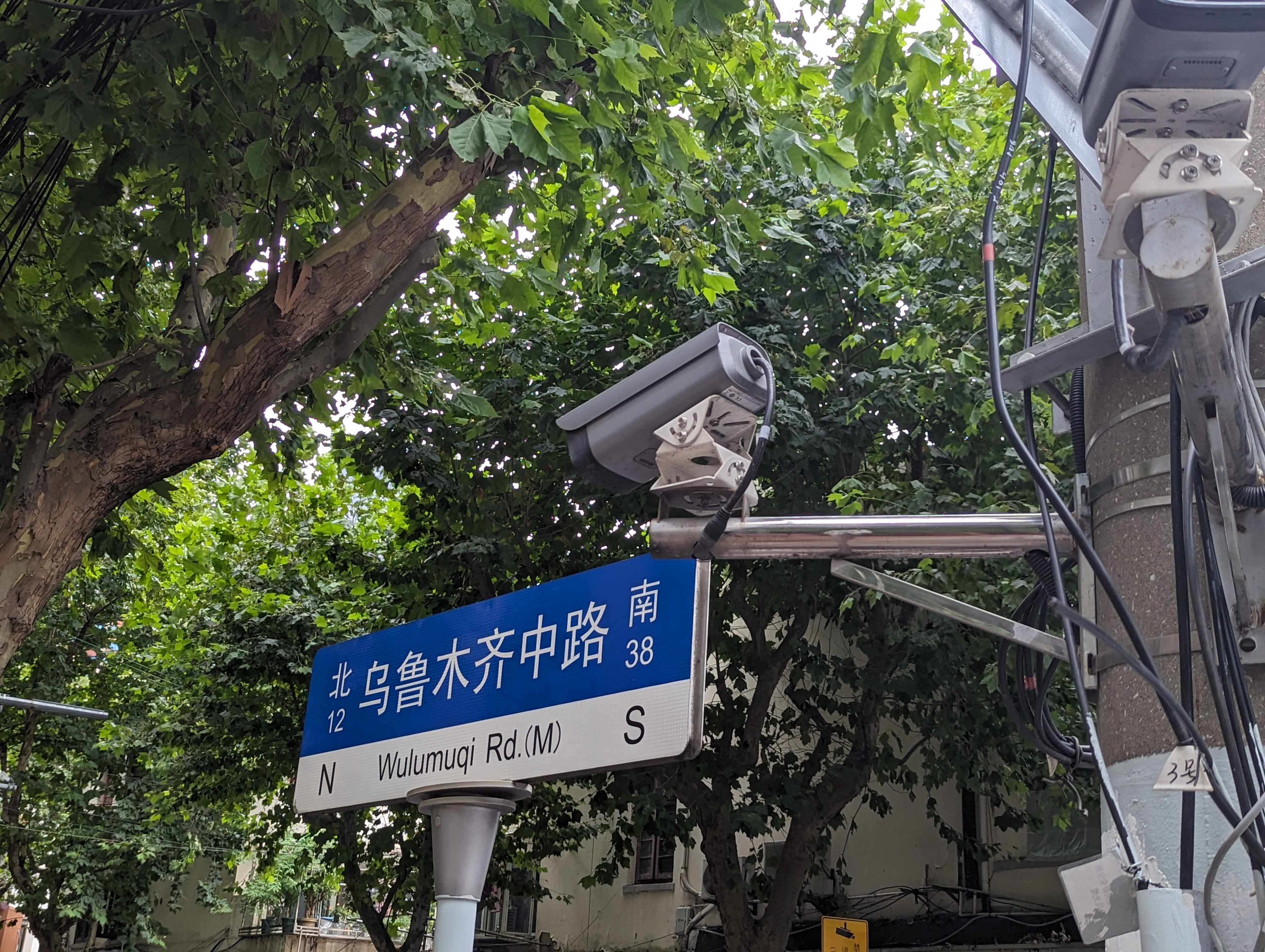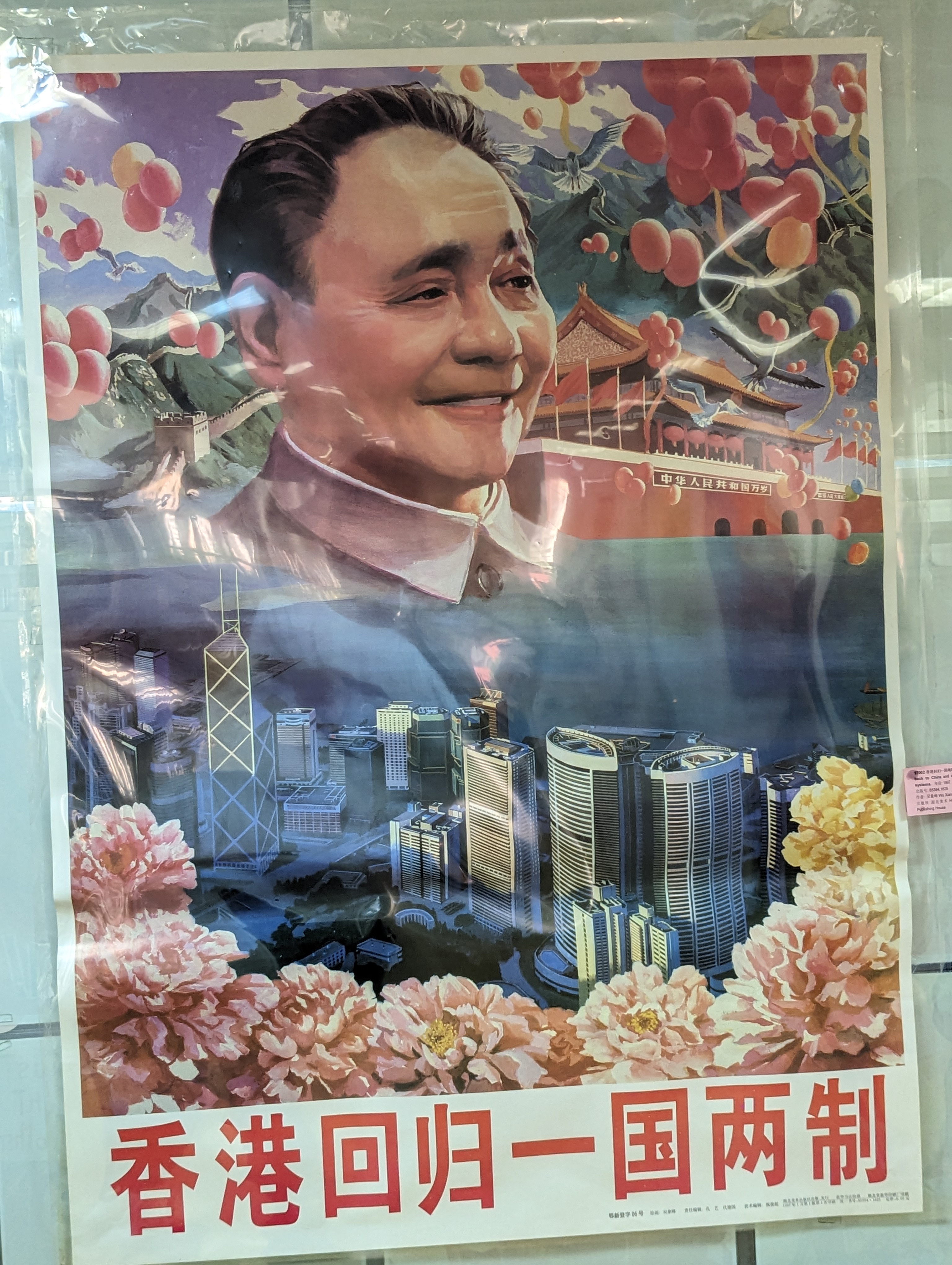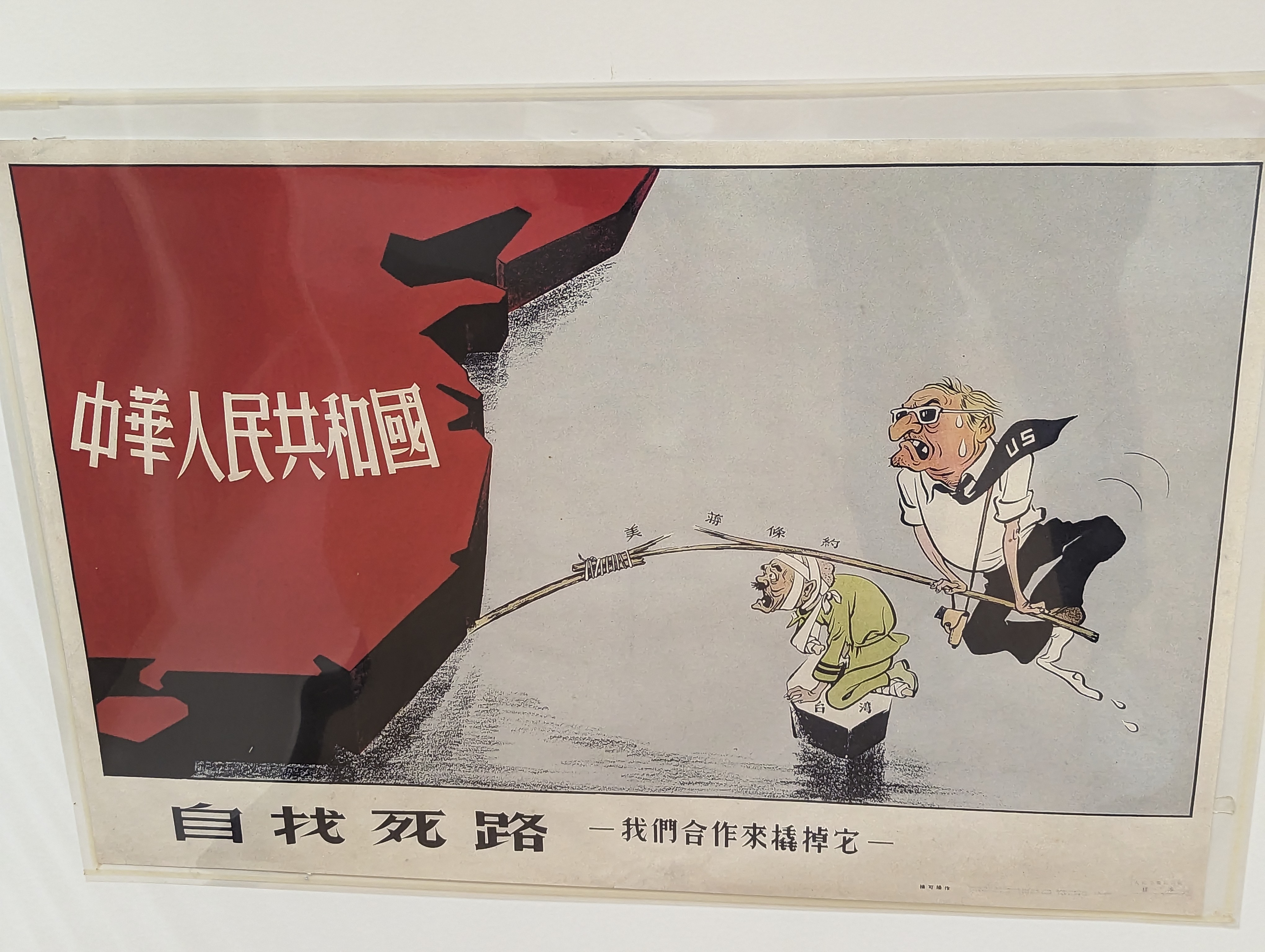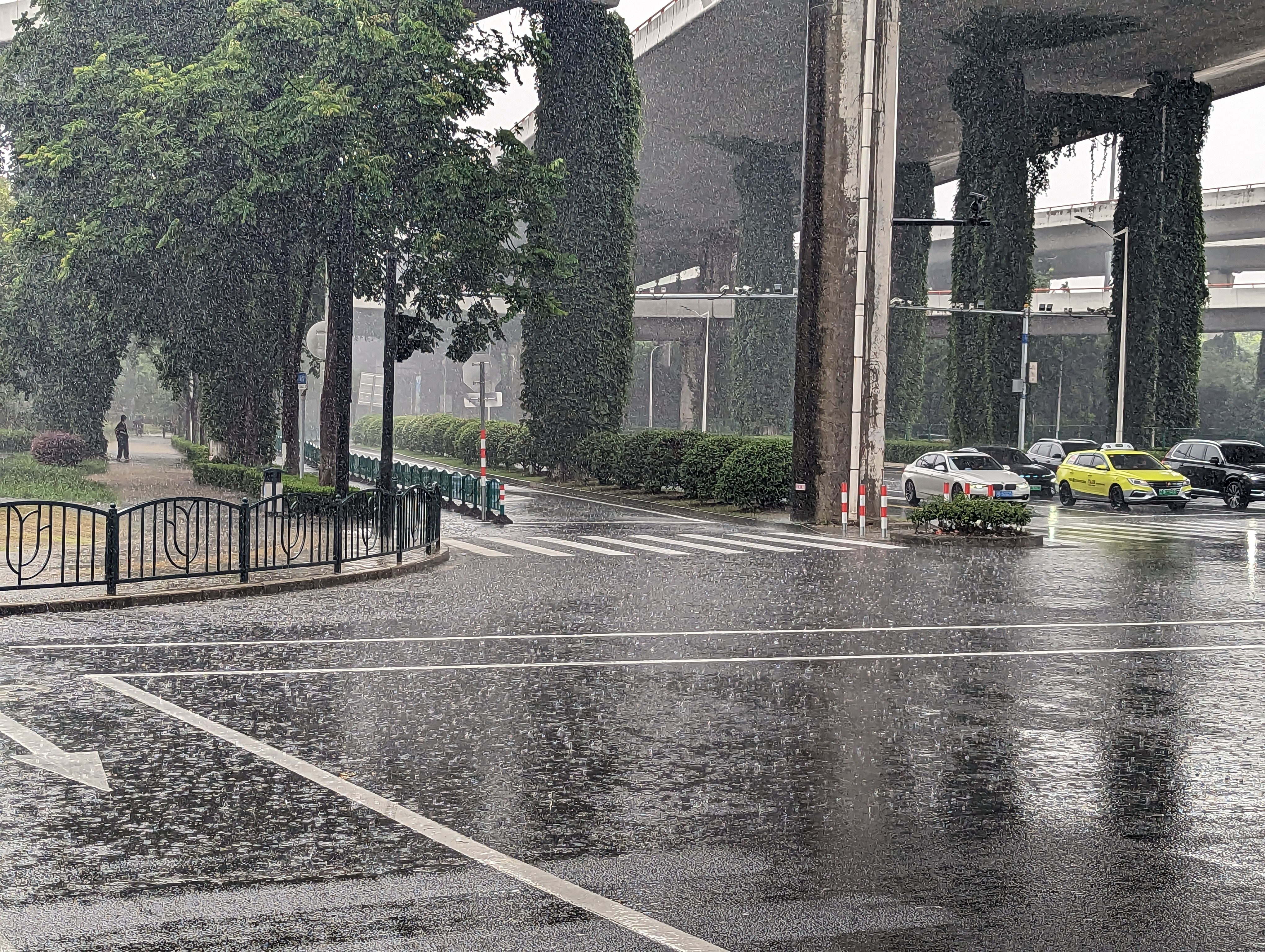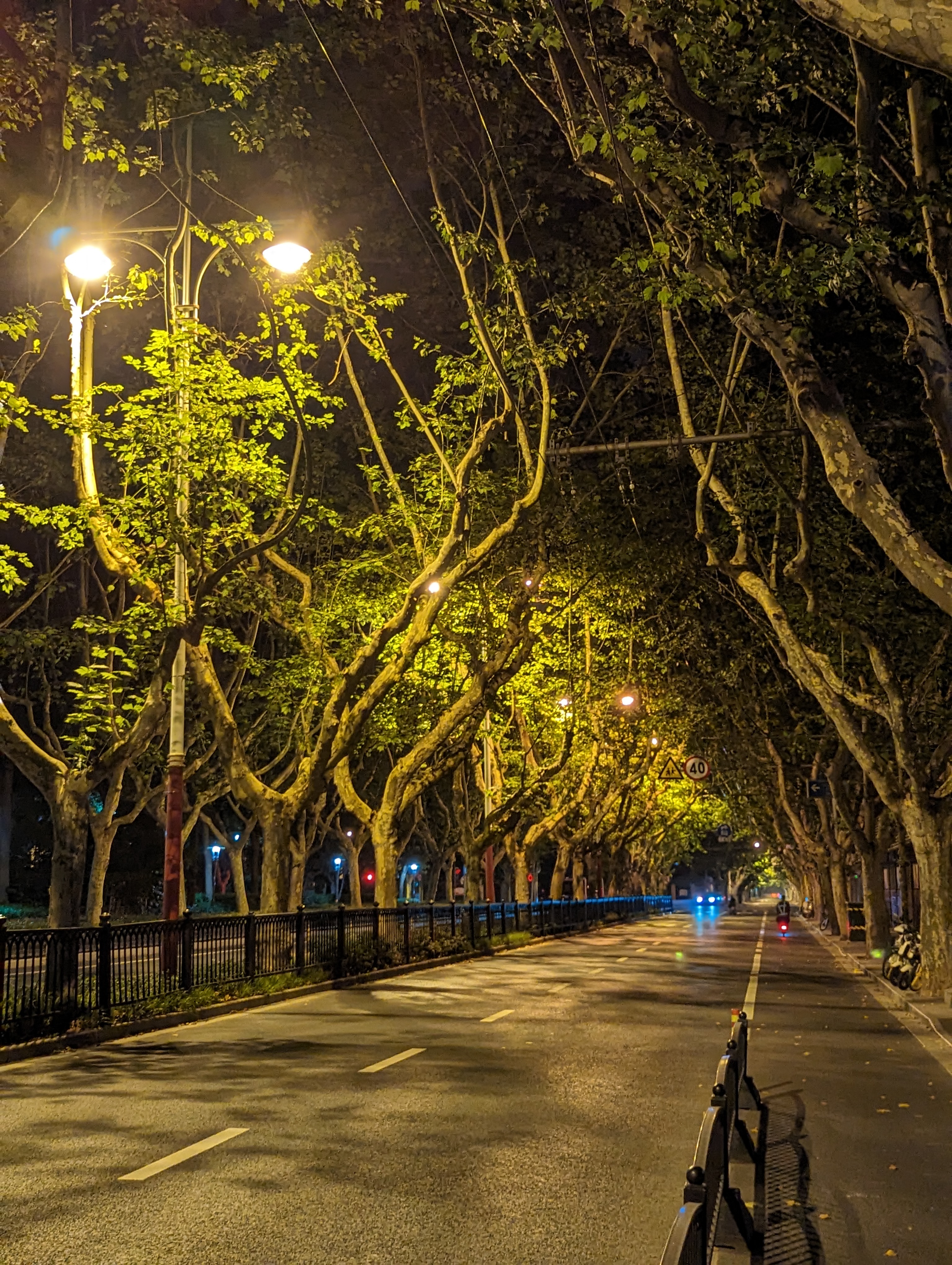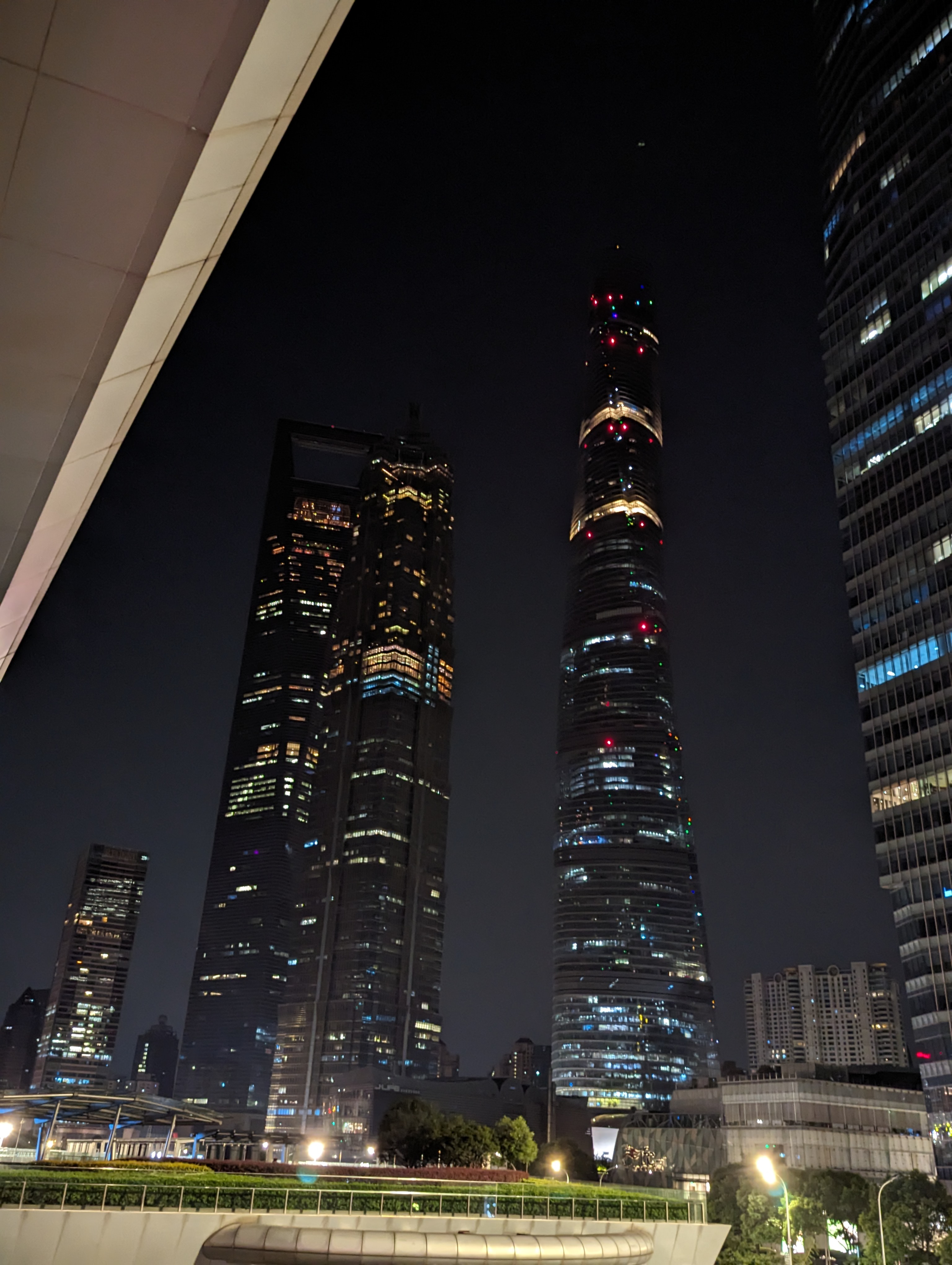Where Do I Come From?
So first of all, I am Chinese, and I am holding a passport of the People's Republic of China. It is a country in
Northeastern Asia.
I have moved to many cities in the past 20 years, some longer and some shorter. If counting cities that I have been
living in for more than 90 days, which is based on the theory that a person can be considered as starting to
know a city only after they have lived there for 3 months, there would be 4 cities: Qiqihar, Yanjiao (in Langfang),
Shanghai, Beijing. When answering the question "where do you come from", there might be multiple possible
answers for me. If the place of birth decides where you come from, my "hometown" would be Beijing; if
taking the criteria of the ID card or the Residence System as the reference, the place would be Langfang,
a city near Beijing; if considering the kind of traditional concept in China, which follows the birthplace of
one's father, I should be seen as coming from Heze, a city in the Shandong province. But because the family
culture I grew up with is pretty northeastern, whenever others ask me my "city as home", my answer is often
Qiqihar.
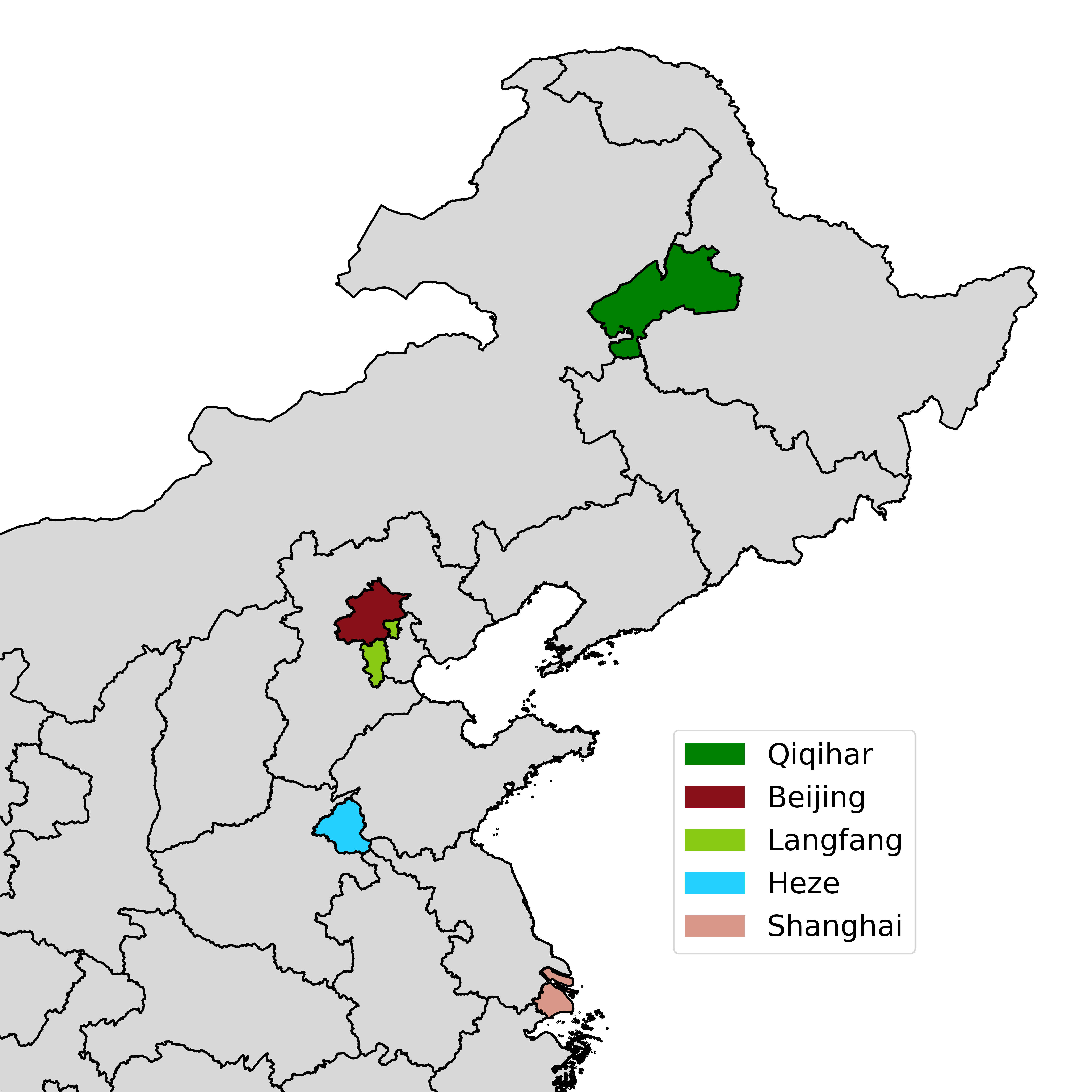
Qiqihar
Qiqihar is a small city in Heilongjiang Province. It was the capital city of the province until 1954, after which
the capital city was moved to Harbin. I have almost no idea how the city looks now, since I have left the city
for around 10 years and have never had a chance to get back, so I could only try to recall some of the memories of living
in the city.
I have lived in Qiqihar for about 4 years, starting when I just got into primary school. The city was an industrial
center of heavy industrial machines and trucks, which was really important for the new country in its process of
industrialization. During the Japanese Invasion War against China, today's "northeastern China" was called “Manchuria”.
The Japanese invaders tried to take control of the whole of China (and they almost did), and they started from this area as it was
closest to Japan and was one of the largest plains in China, very suitable for factories and agriculture. After the establishment
of PR China, the Soviet Union sent professionals and machines in support of the new country, also with attempts to take control
of the region, and thus control the new government with these aids. From the developments of both countries, Qiqihar and the region
were almost the only places that could support trucks and heavy machines. Even now, after decades have passed and with policies of moving factories
to the southern coastal regions, the city is still one of the most important bases for truck industries.
But this was not what was in my mind when I was living there. Just now looking back, I kind of recalled those Japanese and Soviet Union-style
buildings, as well as the buildings that were built right after the establishment of the PRC with images and sayings of Mao Zedong.
These kinds of conflicting styles interweave in the city, which sometimes looks weird, but also kind of presents what the city has
experienced in the past century. My mom, her siblings, and her mom were born in Gannan County, which is in the northwestern part of the
city. It was a total village - just like the kind of village you may imagine. One of my aunts moved to another county of the city,
Ang'angxi, and became a teacher in a local primary school, which is also the reason that my parents sent me to live with her during my
primary school life. Ang'angxi, even within Qiqihar, is definitely not a big county. With only a few hundreds of thousands of
residents, the county had only one main road and one high school. Because of that, compared to other cities, the pressure of living there is
much less. Since the county that my aunts used to live in, Gannan, has a farm that is not regulated by the government of Heilongjiang
province but by the government of Beijing, many small counties have train stations that can take people to Beijing, which
is also the reason that in Daxing District of Beijing city, there are many people from areas around Qiqihar. A few years ago, the farm was
sold to a company that is partly controlled by the Beijing City government (because of the policy of
Reforming State-owned Enterprises), and thus due to huge costs with few revenues, these lines have been shut down.
Langfang
Langfang is a city in Hebei province and is one of the closest cities to Beijing in the province. Actually, one of the two international
airports of Beijing is in Langfang - although it is controlled by the Beijing government. Because of its closeness to Beijing, my family
and I have many interactions with the city. The city where I live in the residence system is Gu'an County, a county in Langfang; after I moved out
from Qiqihar, I spent two years in Yanjiao, another county that is only a river away from Beijing, for the rest of my primary school. Because it
is so close to Beijing, the city is almost built for Beijing, the capital city of this huge country; and because of that, the city is almost out of
any industries that can bring huge revenues - these industries are in Beijing - and has had to take over those high-pollution industries like steel
production and garbage processing. I am not so familiar with Gu'an, for I have not been there many times (even my ID says I live there). But for
Yanjiao, almost all people living in the area work in Beijing, and almost all of them come to this county because they are unable to buy a house or even
afford high rent in Beijing. Also because of the reason, people living in the county come almost from all over the country and have huge
differences in salaries, and thus the county was once pretty chaotic and even dangerous. As more universities come to the area and people living
in the county become more and more highly educated, the situation now is much better.
Yanjiao, one county in Langfang, is a typical example of cities in Northern China, especially those that are around Beijing. The Reform and Opening Up policy
starting from the 1980s dragged almost all industries from northern China to the southern coastal areas, which left almost Beijing as the only city that
can be considered a big city economically in northern China. Thus, almost the only choice for people grown up here is to leave their hometown and go to Beijing or cities in the eastern coastal area, like Shanghai and Shenzhen. I do not want to, and normally don't, call a city "pathetic", but that is almost the most suitable word for it. I have not gone there for about 9 years, so I am not so sure about how it looks now - but just as I recall, it is a city with dirty water, power plants, and people who ran away from Beijing. No development, no resources, no future are the three words I usually use to describe it. But to be honest, the two years spent there were pretty good; I was still in primary school, and thus never cared about the so-called "adult pressures".
Beijing
I really hate Beijing.
I'm not saying that I hate Beijing politically - I just dislike this city. The only reason it is one of the biggest cities in China is because it is the capital city of this big nation. If we compare it with other rich and prosperous cities, it is clear evidence to prove that judgment. Cities in the coastal region grow due to their location, which aids them in trading with other countries. For big cities in the western and middle parts of the country, they grow because of their natural resources. But Beijing literally has nothing - it is far away from the main trading routes, whether by land or sea, and is one of the cities that lacks resources like coal and water most severely. However, because it is the capital city, the central government allows it to integrate counties from nearby cities, to build huge canals and water systems to connect it with other cities for trading and water resources, and to collect taxes from nation-owned companies and factories that are not even located in the city. Around 1/4 of the top 100 universities in China are in Beijing, which is unbelievable.
But it is also a beautiful and powerful city. The best season in Beijing is autumn, when the weather is cool and the city looks like an oil painting. Zhongguancun is also the center of innovation in China. I have spent 6 years in this city (if we do not count the few years just after I was born). For the majority of the time, I really disliked this city and wanted to move to another place, but there are definitely some quick moments that make me think that "the city is pretty cool". It is stressful, but also full of opportunities. My parents met here and established a middle-class family here in around 20 years, which would have been impossible back in their hometowns.
The 6 years living here were also the time that I was in junior high and high school. As the most important period of time in my 20 years of life, most of the memorable events by far took place here. If I look back on my life after 10 years, this place would definitely occupy a long page; but sadly, in this specific moment when writing these lines of text, I can hardly even make this section longer than that of Langfang. I don't know why.
Shanghai
As the biggest city in China, if there is a ranking of cities I have been to, Shanghai will definitely be the top one. It is young, energetic, and robust. Of course, from my experiences of living in Beijing, this impression is very likely due to the fact that I have only lived there for 3 months and do not have to worry about my rent and living expenses. For those who are really living and surviving there, it should be pretty much a struggle.
A pretty important reason that makes me fall in love with this city is its energy. In a socialist country, it is the most capitalist city. If comparing with the USA, it is pretty similar to a red city in a blue state or a blue city in a red state (the election just finished), that is not too progressive while not too conservative - right on the balance point.
I went to the city to have some summer courses to help me graduate a little bit early. I went to NYU Shanghai and took the full 16-credit courses. In those three months, I only had classes three days per week, and for the rest of the time, I spent almost all of it walking and biking in the city to try to get to know it better. College students in Wudaokou, engineers and IT workers in Minhang, businessmen and financial workers in Lujiazui, factory and construction site workers all over the city... all make me, in some ways, consolidate my impressions of this city and like it more. Its energy - as I mentioned just a few lines above - is unable to be found in almost any other cities, especially those like Beijing. Three months are, of course, not even close to the start of knowing one city, but it has already attracted me to explore it more. I freaking like it.


